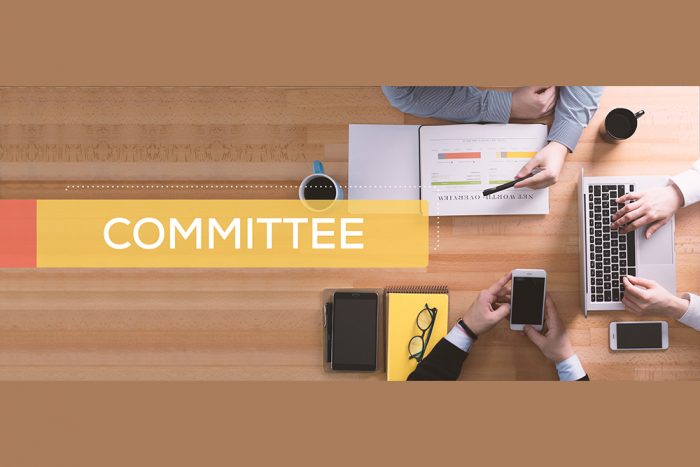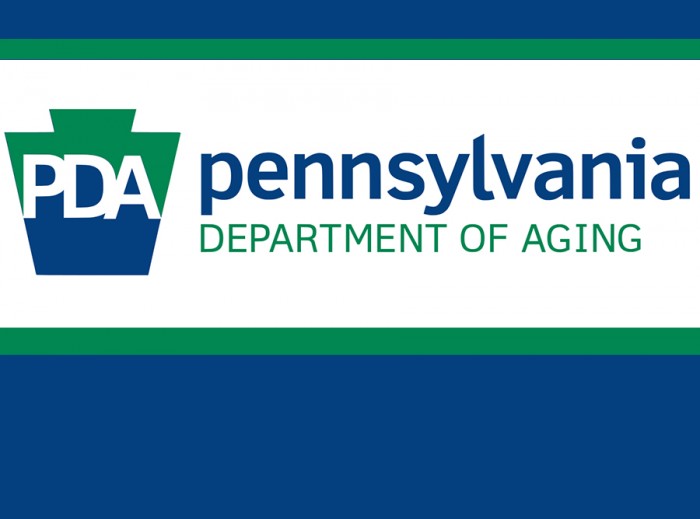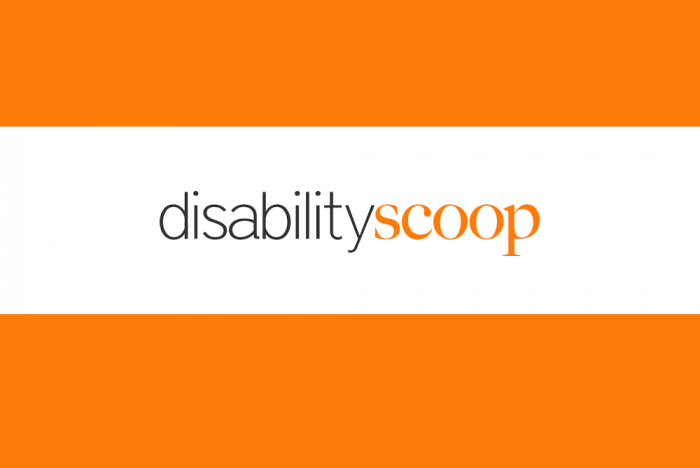The Office of Long-Term Living (OLTL) Advisory and Grievance Committee is currently accepting applications, and they need representation from Service Coordinators (SCs). While OLTL has received applications from other stakeholder groups, no applications have been submitted by SCs, who have a perspective essential to the committee.
The committee will meet virtually every quarter to:
- Discuss self-direction and Public Partnerships (PPL) services under the OBRA waiver and Act 150 program;
- Evaluate program grievances; and
- Share and review feedback from participants, common law employers, and direct care workers.
Committee membership is designed to reflect a diverse group of Pennsylvanians. Having SCs on the committee is critical to ensuring well-rounded discussion and decision-making. Applications are due by September 19, 2025. If you applied before July 20, 2025, please submit a new application, as previous applications were not received due to a technical issue.
If you have questions or need assistance completing the form, please contact PPL at 877-908-1750. Thank you for considering this opportunity to share your expertise and ensure that SCs’ voices are represented.

















